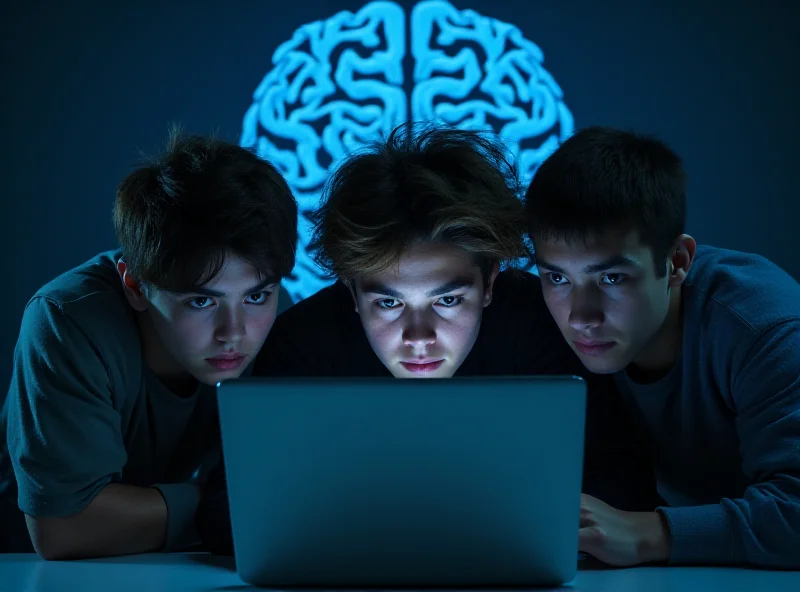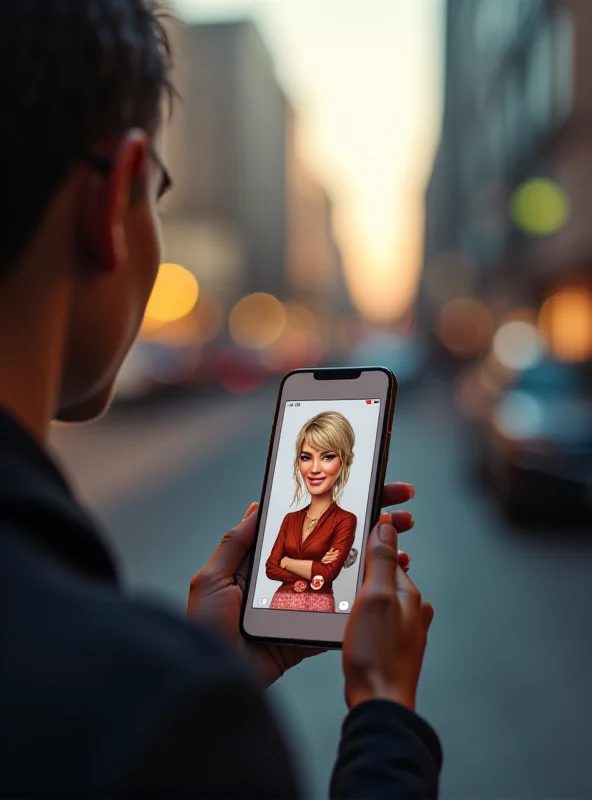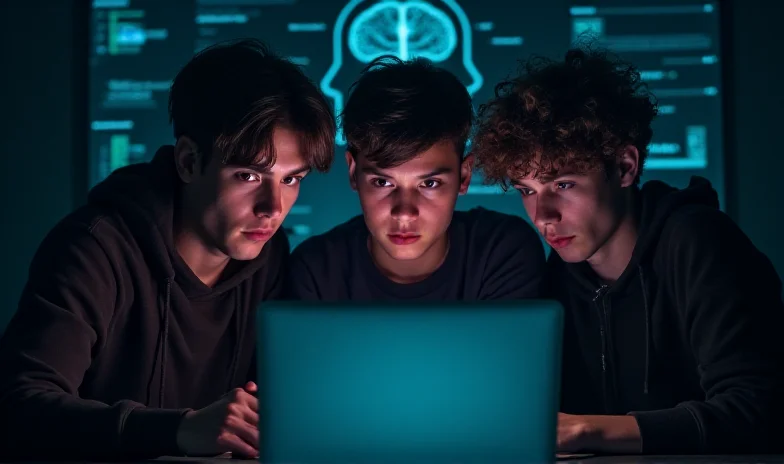Artificial intelligence is rapidly changing the world, and with that change comes both exciting possibilities and serious concerns. From the classroom to the courtroom, and even to our personal relationships, AI's influence is undeniable. But is it always a positive influence?
AI Misuse and Ethical Concerns
Recent reports highlight the potential for AI to be used for nefarious purposes. In Japan, three teenagers reportedly exploited ChatGPT to carry out fraudulent contracts, gaining unauthorized access to a network of operators.  This incident serves as a stark reminder that AI tools, powerful as they are, can be manipulated by those with malicious intent. It raises questions about the safeguards that need to be in place to prevent such abuse.
This incident serves as a stark reminder that AI tools, powerful as they are, can be manipulated by those with malicious intent. It raises questions about the safeguards that need to be in place to prevent such abuse.
The ethical dilemmas surrounding AI extend beyond fraud. A survey in the UK revealed a dramatic surge in the use of generative AI by students. "Almost nine out of ten (88%) in the 2025 poll said they used tools such as ChatGPT for their assessments, up from 53% last year," the report stated. This raises concerns about academic integrity and the potential for students to rely too heavily on AI, hindering their own learning and critical thinking skills.
The Rise of Personified AI and Its Impact
Beyond academic and professional settings, AI is also making inroads into our personal lives. Personified AI chatbots, such as Replika and My AI (Snapchat), are becoming increasingly popular, offering users companionship and even mental health support. The article "Share your experience of using personified artificial intelligence chatbots" highlights that over 1.4 billion people worldwide are estimated to be using AI chatbots.
While these chatbots can provide valuable support and connection, they also raise concerns about the potential for emotional dependence and the blurring of lines between human and artificial relationships.  It's crucial to consider the long-term psychological effects of relying on AI for emotional fulfillment.
It's crucial to consider the long-term psychological effects of relying on AI for emotional fulfillment.
Protecting Creative Industries in the Age of AI
The rapid advancement of AI also poses challenges to creative industries. UK ministers are reportedly considering changes to their AI plans to better protect copyright-protected work. This comes after intense lobbying from artists who fear that AI companies could exploit their creations without proper compensation. The core issue is how to balance the potential benefits of AI with the need to safeguard the rights and livelihoods of artists.
"Ministers have accepted the need to protect British creative industries from the plans, which would otherwise have made their work available for access by AI companies unless they deliberately opted out," according to sources. This potential shift towards an opt-out system represents a significant victory for artists and highlights the importance of advocating for fair and ethical AI practices.

The Dark Side of Online Content
Finally, the article "Extreme online violence may be linked to rise of ‘0 to 100’ killers, experts say" highlights the potential for online content to have a devastating impact on individuals. Criminal justice experts are raising concerns about a new type of murderer who escalates from watching extreme violence online to committing real-life acts of violence. This chilling trend underscores the need for greater awareness and intervention to prevent online extremism from translating into real-world tragedies.
The advent of AI and the proliferation of online content present a complex web of challenges and opportunities. As we continue to navigate this rapidly evolving landscape, it's crucial to prioritize ethical considerations, protect creative rights, and address the potential dangers of online extremism.
